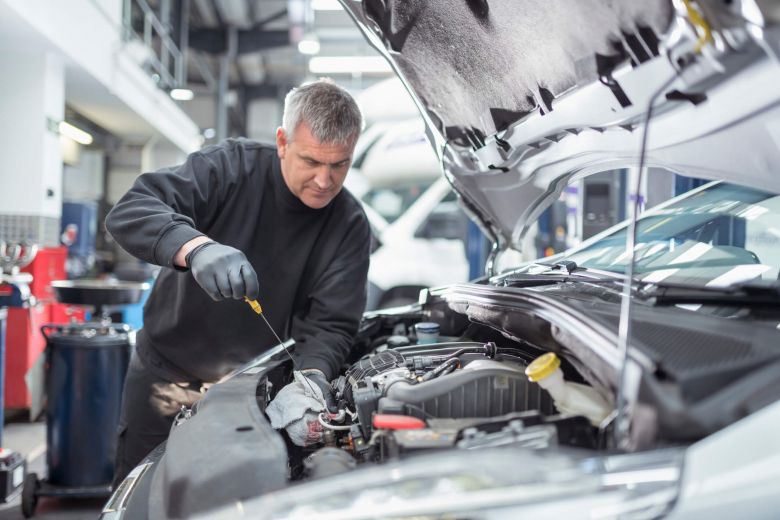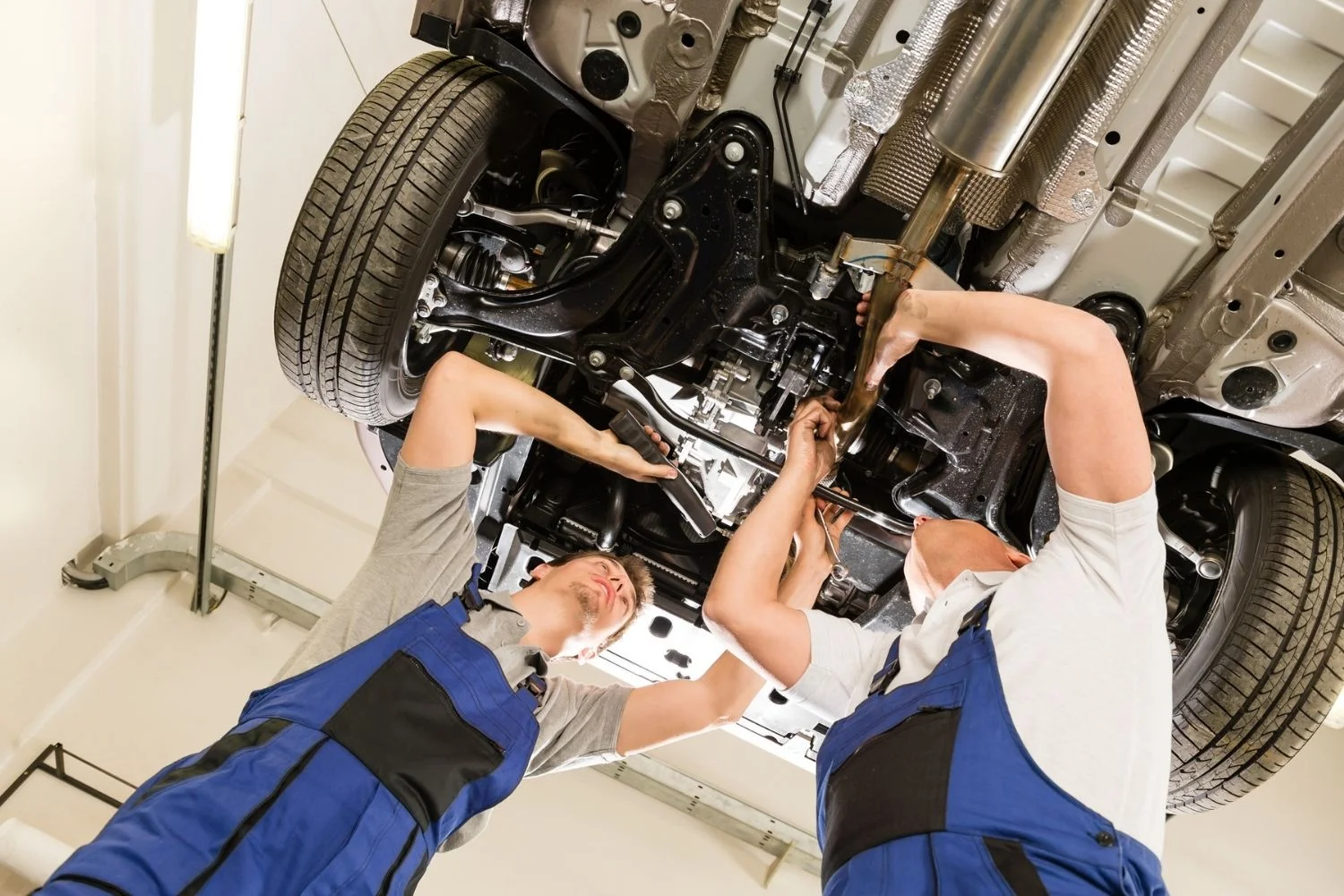DIY car repair enthusiasts, welcome to 2024! In this comprehensive guide, we’ll explore the world of finding genuine car parts for your DIY projects. With the auto industry constantly evolving, staying informed and making the right choices in car parts is crucial for maintaining your vehicle’s integrity and performance. Let’s dive into this journey of discovery.
Identifying Genuine Parts

The quest for genuine car parts starts with understanding what makes a part “genuine.” They match the parts that came with your car when it was new. This assurance of quality and compatibility is what sets them apart from aftermarket parts, which are produced by companies other than the vehicle manufacturer and may vary in quality.
To ensure you’re getting a genuine part, always check for the manufacturer’s logo or certification mark. Additionally, genuine parts usually come with a warranty, adding an extra layer of security to your purchase. Be wary of counterfeit parts, as they can often look similar but lack the quality and safety testing of genuine parts.
Navigating Online Marketplaces
The digital age has made finding car parts easier, but it also comes with challenges. Online marketplaces are flooded with both genuine and non-genuine parts, making it crucial to be vigilant. When shopping online, buy from reputable sources. Look for online stores or platforms that are authorized dealers of the brand you’re seeking. Reading customer reviews and ratings can give you insight into the reliability of the seller and the quality of the parts they offer.
Moreover, always verify the part number. Most car parts have a unique part number, which is a surefire way to ensure compatibility with your vehicle. Cross-referencing this number with the manufacturer’s database or catalog can save you from purchasing the wrong part.
Navigating Genuine Parts for Popular Car Brands

When it comes to sourcing genuine parts for the most popular car brands, each brand has its unique ecosystem and network. Brands like Toyota, Ford, Honda, and Volkswagen, known for their widespread popularity, have extensive dealership networks and authorized parts suppliers globally.
These networks are a reliable source for genuine parts, ensuring compatibility and quality. Luxury brands like Mercedes-Benz, Lexus and others offer a premium range of genuine parts, often incorporating advanced technologies and exclusive features, aligning with their high-end vehicles. In a case you look for reliable supply, you can find genuine parts for most common brands at: https://sts-global.com/car-parts.
Local Dealerships and Auto Shops
Local dealerships are a reliable source for genuine car parts. They have direct access to parts from the manufacturer and can often order specific parts on your behalf. While dealerships might be more expensive than other sources, they offer the advantage of assured quality and expert advice.
Independent auto shops can also be valuable resources. Some of these shops have established relationships with OEMs and can provide genuine parts at competitive prices. It’s important to do your research and choose a reputable auto shop known for its quality parts and service.
Understanding Salvage Yards

Salvage yards can be a treasure trove for DIY car repair enthusiasts, especially for older models where new OEM parts may no longer be available. These yards allow you to find parts from vehicles that are no longer in use. However, it’s crucial to have a good understanding of what you’re looking for and to inspect the parts thoroughly for wear and damage.
Remember, parts from salvage yards don’t come with a warranty, so it’s a bit of a gamble. Nonetheless, for the experienced DIYer, salvage yards can provide unique finds that are both cost-effective and genuine.
Networking with Fellow Enthusiasts
Never underestimate the power of community. Joining car enthusiast forums, clubs, or online communities can be incredibly beneficial. Members often share tips on where to find genuine parts, provide reviews of sellers, and may even sell parts themselves. Networking with fellow enthusiasts not only helps in finding parts but also builds a support system for advice and shared experiences.
Stay Informed about Recalls and Updates
Staying updated with your vehicle’s recall information and any updates from the manufacturer is vital. Manufacturers often issue recalls for parts that may have defects or safety issues. By keeping informed, you can ensure that the parts you are using are safe and up to date. This is particularly important when purchasing used or salvage parts, as they may have been produced before a recall was issued.
The Role of Technology in Parts Authentication

As we delve deeper into 2024, technology plays a significant role in authenticating car parts. Many manufacturers have started incorporating advanced features like QR codes and RFID tags in their parts. These technologies allow you to verify the authenticity of a part by scanning it with your smartphone or a specialized reader. This not only helps in confirming the genuineness of the part but also provides detailed information about its origin, manufacture date, and compatibility.
Leveraging these technological advancements is a smart move for DIY car repair enthusiasts. It adds an extra layer of assurance and helps in making informed decisions. Always stay abreast of the latest technological trends in car part authentication to safeguard against counterfeit parts.
Understanding Warranty and Return Policies
When purchasing car parts, understanding the warranty and return policies is crucial. Genuine parts often come with a manufacturer’s warranty, which can range from a few months to several years. This warranty protects you against defects and malfunctions. Before making a purchase, thoroughly review the warranty terms. Know what is covered and for how long, and understand the process for claiming the warranty.
Equally important is the return policy. Sometimes, even with careful selection, the part may not fit or function as expected. A flexible return policy can save you from financial loss in such situations. Check the return window, restocking fees, and the condition in which items must be returned.
Conclusion
In the realm of DIY car repair, finding genuine car parts is a journey that requires diligence, knowledge, and a bit of networking. By understanding what makes a part genuine, navigating online marketplaces carefully, exploring local dealerships and auto shops, utilizing salvage yards wisely, networking with fellow car enthusiasts, and staying informed about recalls and updates, you can ensure that your DIY car repair projects are successful and safe.













